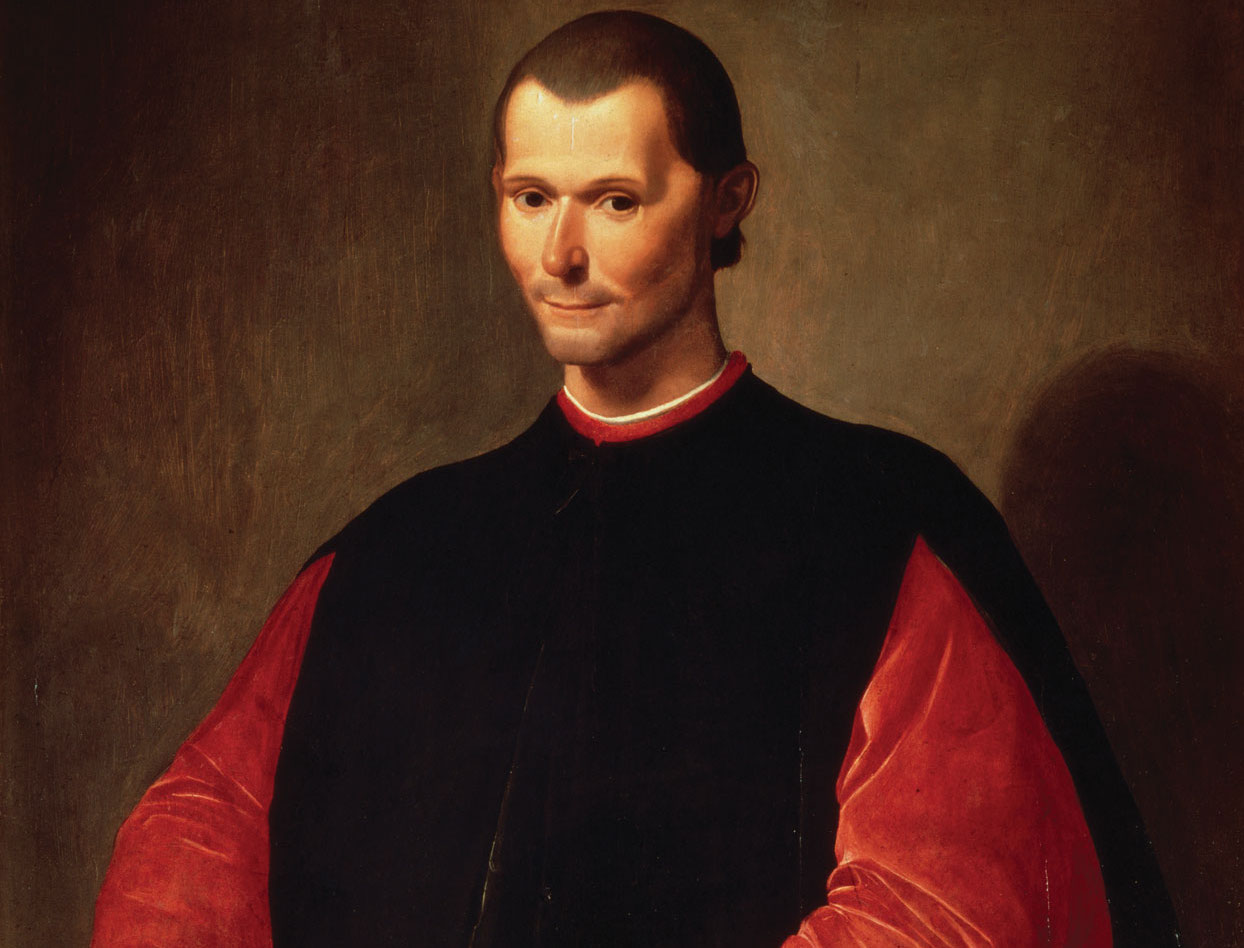Earlier this week, Google the conglomerate announced that it would be changing its name to “Alphabet,” while Google the search engine would retain its name and become one of several subsidiaries of Alphabet. Financial commentators are calling this a smart move for the company, one that should increase its financial transparency. But at the Paris Review blog, M. G. Zimeta suggests that this is an act of “shrews statecraft” on Google’s part, on par with Machiavelli himself. Here’s an excerpt:
“Princes ought to leave affairs of reproach to the management of others,” counseled Machiavelli in 1513, “and keep those of grace in their own hands.” The restructuring of Google into Alphabet allows some of Google’s wider, non-internet activities and subsidiaries to be distanced from it, politically. These include Boston Dynamics (“Changing Your Idea of What Robots Can Do”): half of the robots listed on its site were developed with funding by, or in association with, DARPA. And Alphabet owns Calico, an R&D company in the life sciences focused on interventions against aging, and against poor health in old age—including cancer and neurodegenerative conditions. Alphabet will also manage Nest, a subsidiary in the internet of things whose product range includes an intelligent smoke alarm (“It’s time to know more and worry less”), a “learning thermostat” that gets to know household habits and predict preferences, and a live-feed home camera system—all of which can be connected to each other, and to a phone (yours or someone else’s).
These non-Google activities are eclectic, but not incoherent. They dovetail with, and may be driven by, the behavioral and demographic insights gained from the Google business—insights both international and intimate. Through Google, there are some ways in which Alphabet will know more about you than your partner, your lover, your bank manager, your doctor, your psychiatrist, your priest, your government, or all of these combined. Even if you withhold personal information from Google, your privacy will be as short-lived and effective as a paper umbrella in the rain: the sheer volume of data available to Google from everyone else will allow it to predict or infer about you quite accurately.
Would Google have this kind of penetration and ubiquity if it were associated with military excursions, pharmaceuticals, and domestic surveillance? Probably not. Protecting Google from political contamination from Alphabet’s wider activities is not just necessary for Google—it’s necessary for Alphabet. Google search is mostly safe, mostly helpful, and free: by associating it with grace and favor, as Machiavelli advises, Alphabet can contain possible affairs of reproach elsewhere in its portfolio. This is shrewd statecraft.
Image: Santi di Tito, Niccolò Machiavelli, sixteenth century. Via Paris Review.
